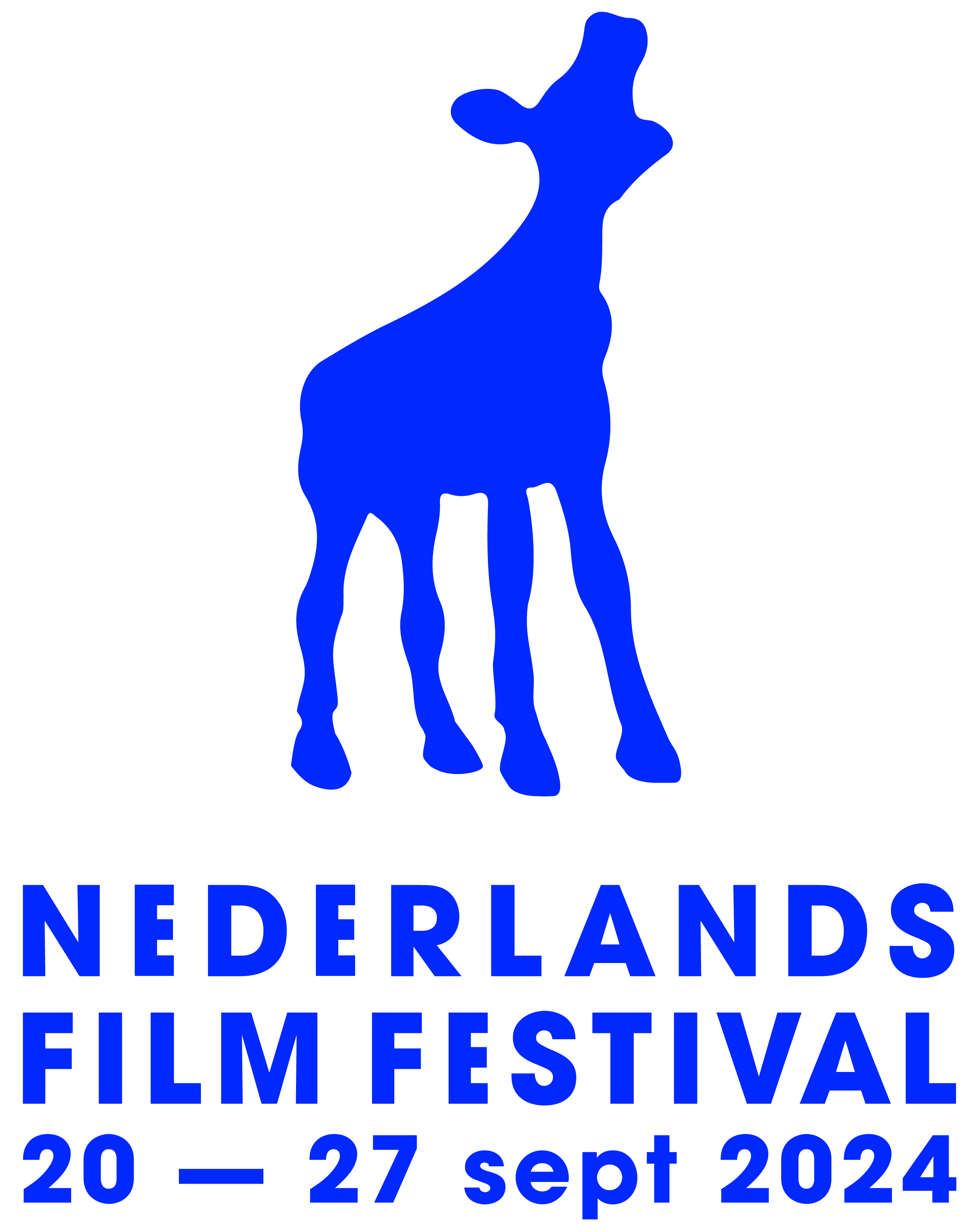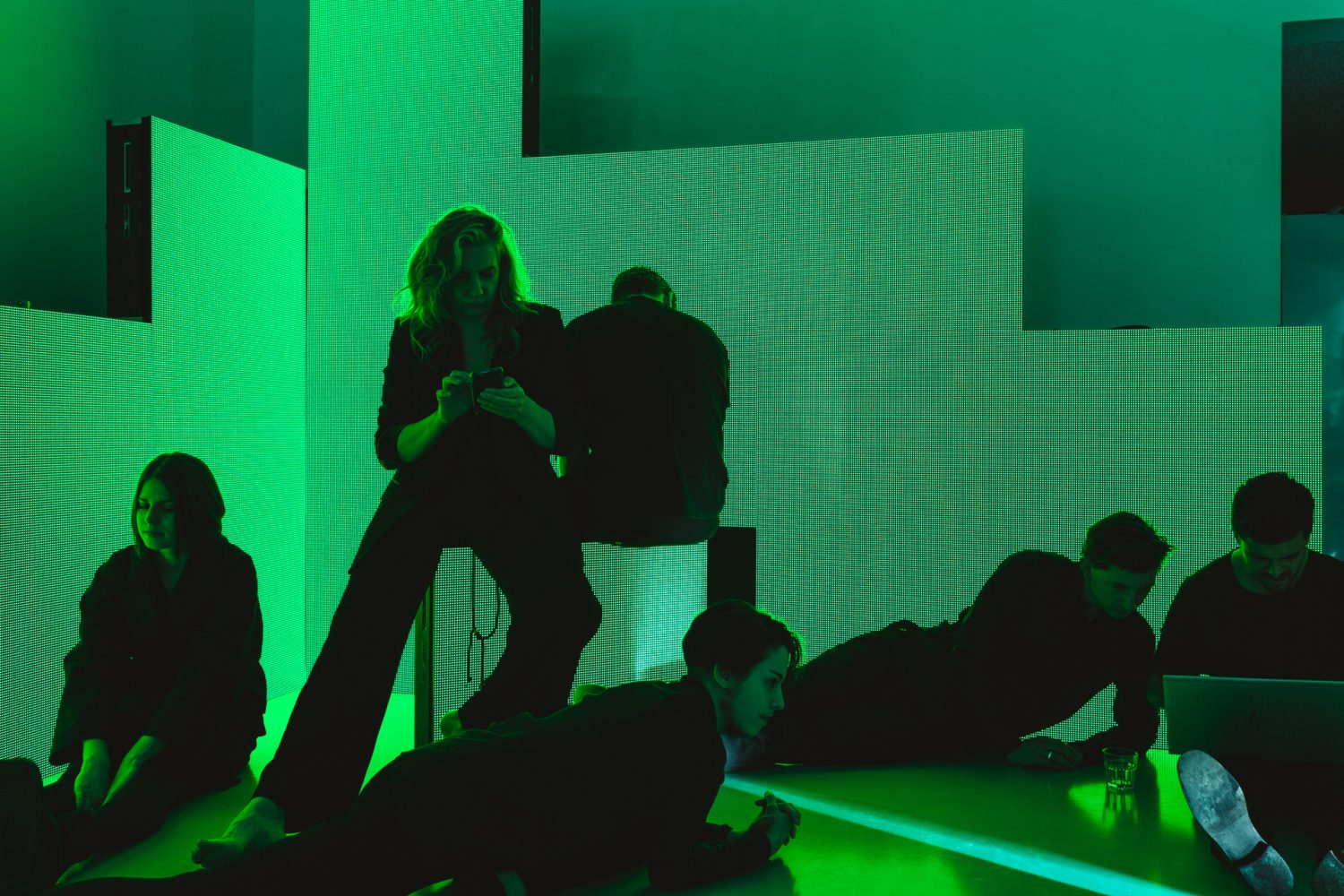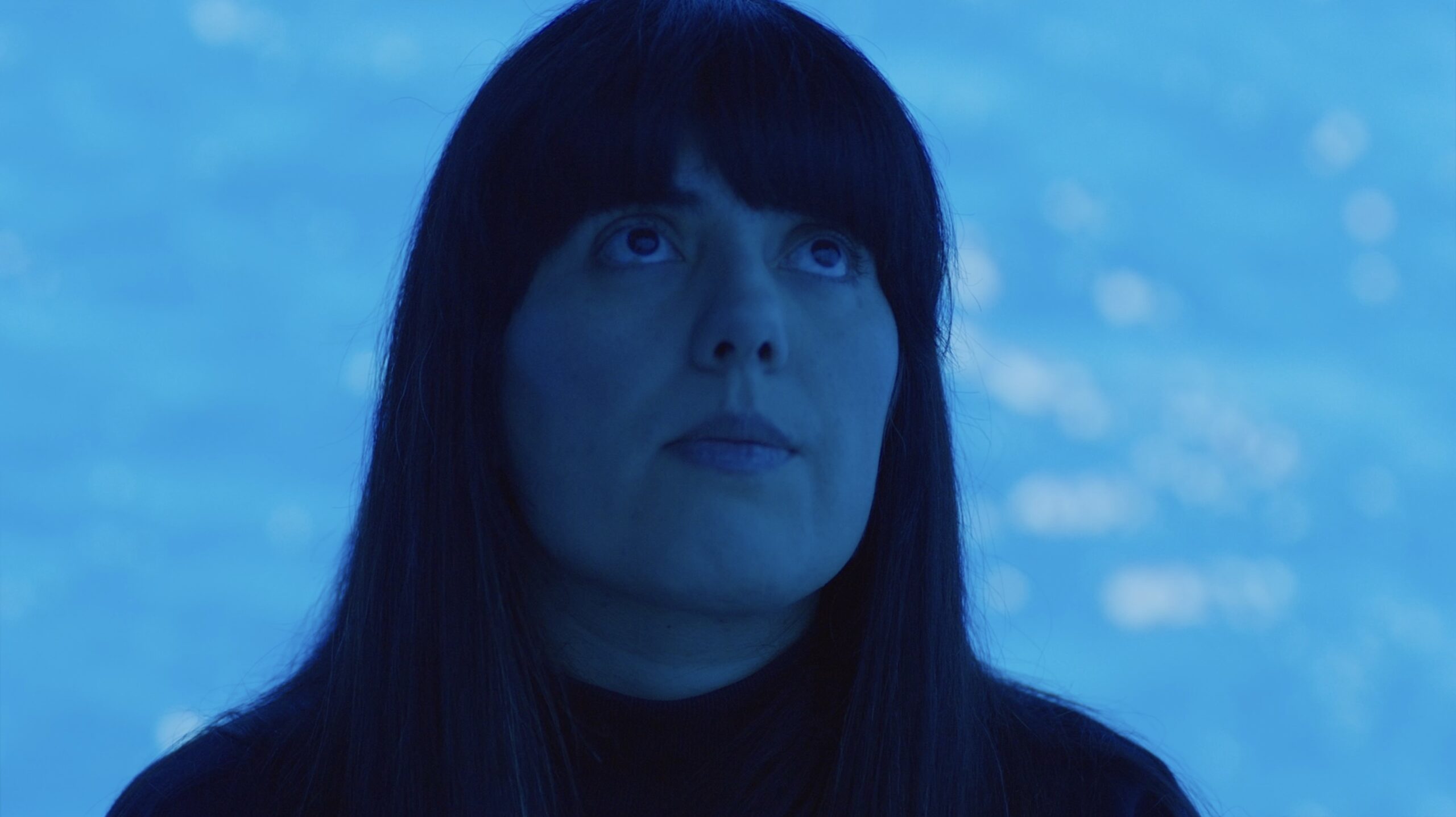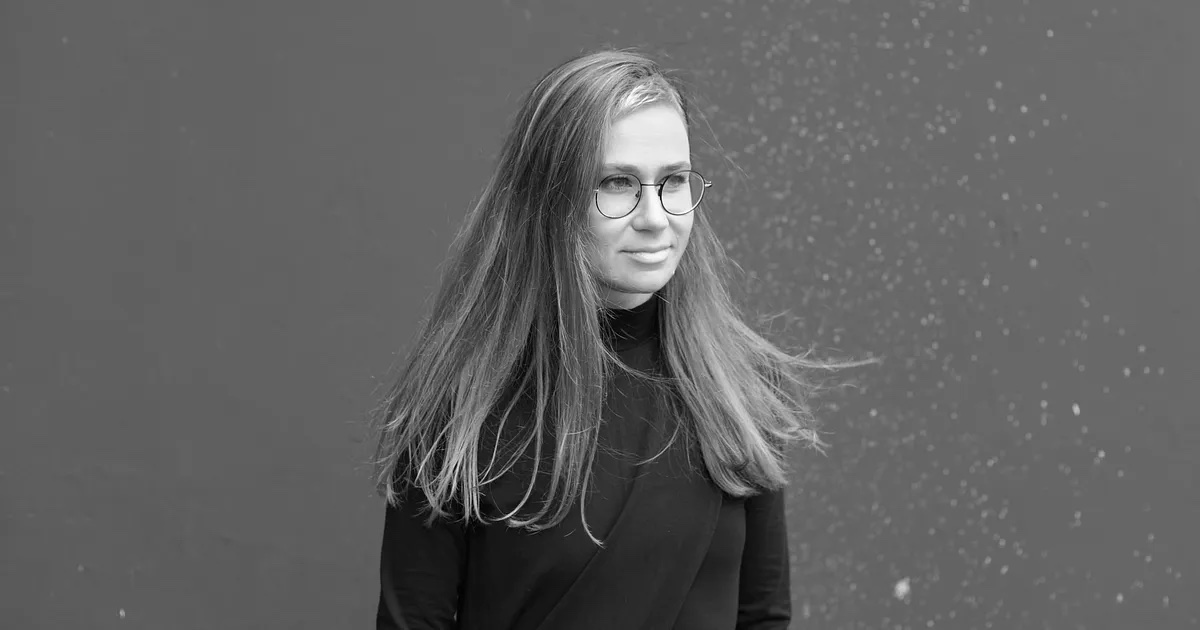Events
Meet the Makers XL: NFF Fellows ARK, Špela Petrič and Tina Farifteh
The first Meet the Makers event of the 2024-25 academic year is a collaboration with Nederlands Film Festival (NFF) at the Theaterzaal Neude in Utrecht: Storyspace Sessions: Fellows, Performers, and Poets Unite. Framed by questions around the societal role of art and the impact of technology on society, the three NFF digital fellows, the collective ARK and artists Špela Petrič and Tina Farifteh, will present the research they conducted over the past year.
Established in 2023, the fellowship programme is designed for mid-career artists working within Digital Culture. Through the programme, makers are encouraged to explore new technologies, themes and tools in collaboration. From 2023 to 2026, three fellows will work on their research proposals each year, which they then present during the Netherlands Film Festival (NFF).
The fellows work at the intersection of society and technology, connecting science, visual arts, film, gaming, design or other forms of visual culture. An exhibition features the research results from the past year.
The event is moderated by Abdelrahman Hassan, a creative technologist, AI strategist, digital anthropologist and poet. Concluding the event, rapper, poet and performer Benjamin Fro will use the conversations to create a song on the spot, which he will recite at the end of the afternoon.
This event is free of charge but there are limited tickets available, so SIGN UP HERE to secure your ticket. Participation in this event is mandatory for 2024-25 students in MA Arts and Society and MA Contemporary Theatre, Dance and Dramaturgy. If you are part of either of these cohorts, you are already registered for the event.
Read more about the 2023 fellows and the fellowship programme below.
~ ~ ~

ARK: Arran Lyon, Roosje Klap, Louis Braddock Clarke, Senka Milutinović, Teoniki Rożynek, Valentin Vogelmann and Zuzanna Zgierska.
ARK consists of an international and interdisciplinary group of designers, artists, researchers and hackers. As a collective, they shape modern technologies from a holistic and progressive perspective, seeking to make technology open, inclusive and fair. ARK has been collaborating since 2020, from the first version of the series LAWKI (Life As We Know It), for which they were awarded a Golden Calf for Best Digital Cultural Production in 2022.
During the Fellowship programme, ARK explored how they can collaborate as a non-hierarchical collective and which methods are suitable to achieve this. Taking the Archive as their starting point, inclusiveness and the value of polyphony are central to ARK, not only for the collective itself and for their archival approach, but also as a way to get a more complete picture of history and culture in general: how can we bring non-dominant stories to the forefront? How can we give space to other stories?
In their exploration of the Archive, they questioned the traditional and hierarchical structures that often determine which stories are preserved and highlighted. By treating the Archive as a dynamic, living entity, they aim to give marginalised and overlooked stories a voice of their own.

Tina Farifteh
Tina Farifteh is an Iranian-Dutch artist. She graduated from the Royal Academy of Art in The Hague in 2021. Her graduation project The Flood, an audiovisual installation about the ultimate consequence of using water metaphors, such as ‘streaming’, ‘flooding’ and ‘tsunami’ by mainstream media when covering refugees, won several awards. In her film Kitten or Refugee?, she wonders why we pick up one refugee in our own car and leave another to drown at Europe’s borders. She explores how empathy works and how images influence our behaviour. The film premiered at NFF last year and won the Silver Camera’s first prize for Storytelling.
In her research for this fellowship titled The Empathic Rage, she investigates the link between empathy and anger and asks whether a combination of these emotions/potentials can lead to action. In doing so, she examines the triggers and progression of emotions over time. Do the emotions remain stable, or do they desensitize you over time? How can you strike an ethical balance between evoking anger and empathy without falling into manipulative populism? Can I also capture people’s tears, fists and screams? What do those emotions say about our times and what do they say about us as human beings and as creators?

Špela Petrič (EN)
Artist Špela Petrič, originally a biomedical scientist, engages with how technology affects our lives. In doing so, she brings different disciplines together. For the fellowship programme, she researched the relationship between AI and health: nowadays, we are inundated with stories about AI, how dangerous it would be and how it would shape our society. But where exactly do we see this influence? Petrič starts from the research question: what does a human body look like after AI has been used to make it healthier? To find the answer, she begins in an unexpected place, where AI is already being used to improve ‘bodies’: in tomato cultivation.
Petrič approaches her topic methodologically by showing ‘operational images’: a term introduced by renowned filmmaker Harun Farocki, who saw these visualisations as a means of sharing useful information about the world. By shifting attention from abstract concepts to the aesthetics of those images, Petrič creates a moving image archive from the AI pipeline, which is normally inaccessible and thus not seen by humans. Opening the black box of AI in tomato farming allows us to see categories, simplifications and decisions that are essential to make, for example, healthcare operational for AI.
~ ~ ~

